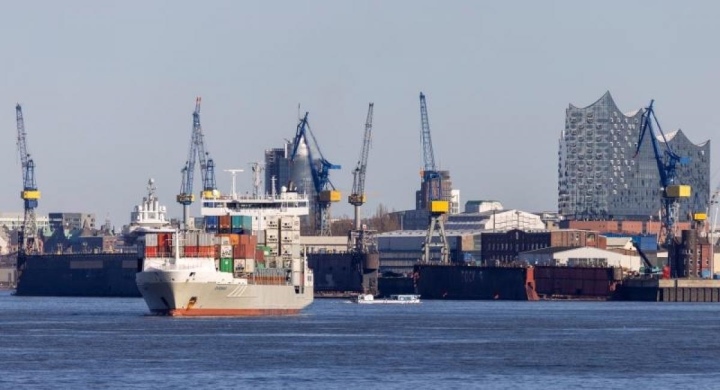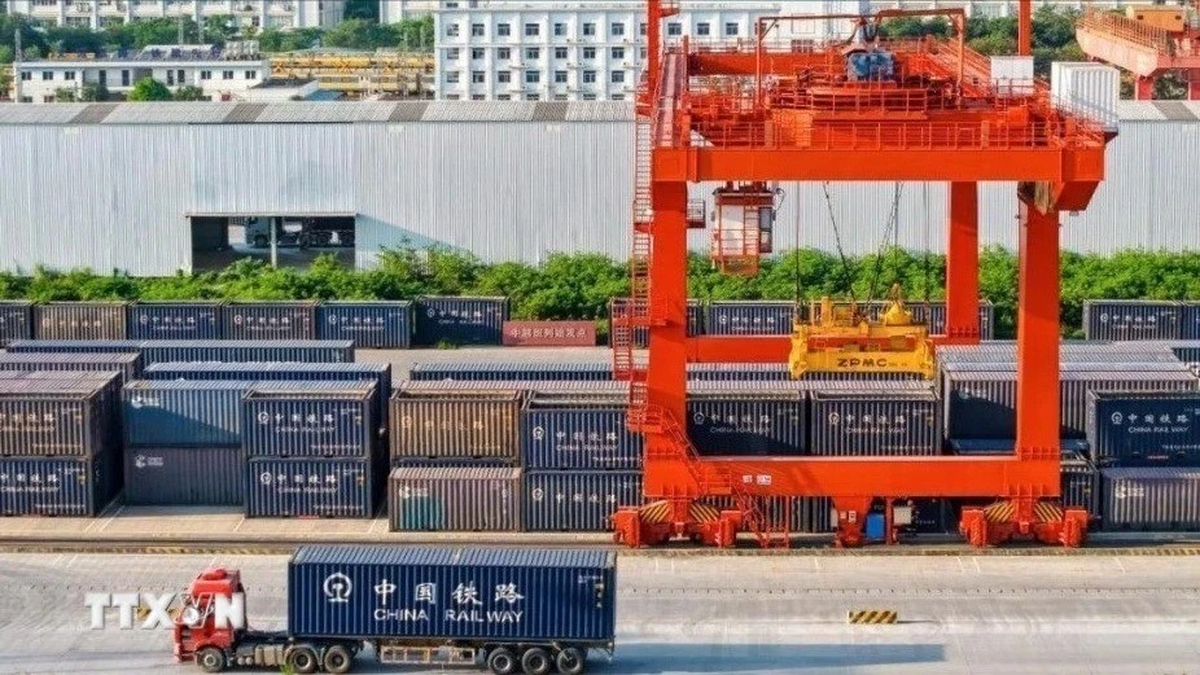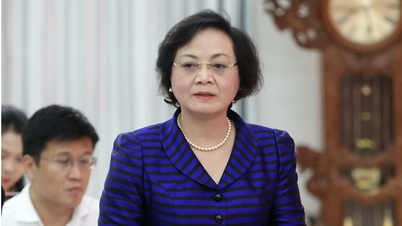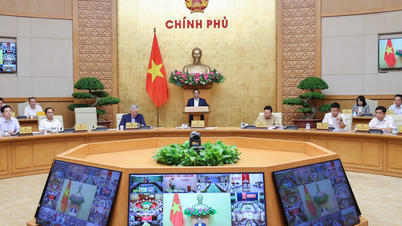Germany is also expected to become the black spot of the European economy in 2023 in the context that the remaining countries are expected to escape the risk of recession.

Import and export at the port of Hamburg. (Photo: DW)
According to the German National Statistical Institute, the German economy has fallen into a technical recession as the gross domestic product (GDP) in the first quarter of 2023 continued to decline by 0.3% after falling by 0.5% in the fourth quarter of 2022. Thus, over the past year, the size of Europe's No. 1 economy has decreased by 0.5%.
Germany last fell into a technical recession in the first half of 2020, at the start of the COVID-19 pandemic. The technical recession was caused by rising energy prices as the German economy lost its main driver, cheap Russian gas.
After months of resistance, a series of important indicators of the German economy witnessed a decline in March 2023, such as industrial production, the main strength of the German economy, down 3.4%, of which car production decreased by 7.4% and construction decreased by 4.6%, while industrial orders decreased by a record 10.7% and exports also fell sharply by 5.2%.
In addition, many other factors such as the decline in domestic consumption demand, the high inflation rate still at 7.4% in April 2023, or the European Central Bank (ECB) continuously adjusting interest rates also contributed to restraining the German economy.
The International Monetary Fund (IMF) assessed that Germany's economy is going in the opposite direction to the rest of Europe when most of the remaining countries are expected to temporarily escape the risk of recession thanks to lower energy prices, including France and Italy, which will grow by 0.2% and 0.5% respectively in the first quarter of 2023. The IMF also forecasts that Germany's GDP will decrease by 0.1% in 2023 before increasing by 1.1% in 2024.
Meanwhile, the German government has given an optimistic forecast that the German economy will grow by 0.4% this year thanks to the government's support policies implemented since the end of last year starting to take effect, the gas supply has been resolved and energy prices are gradually cooling down along with the reopening of the Chinese economy. Speaking to the press, German Chancellor Olaf Scholz commented:
“The economic outlook remains very optimistic as the economy is gradually overcoming challenges, especially in terms of employment thanks to the implementation of the new labor immigration law. The government is also disbursing many investment packages to establish more factories, especially in the battery and semiconductor sectors. Therefore, we can have confidence in the economy.”
Manh Ha (VOV-Paris)
Useful
Emotion
Creative
Unique
Source





































































































Comment (0)